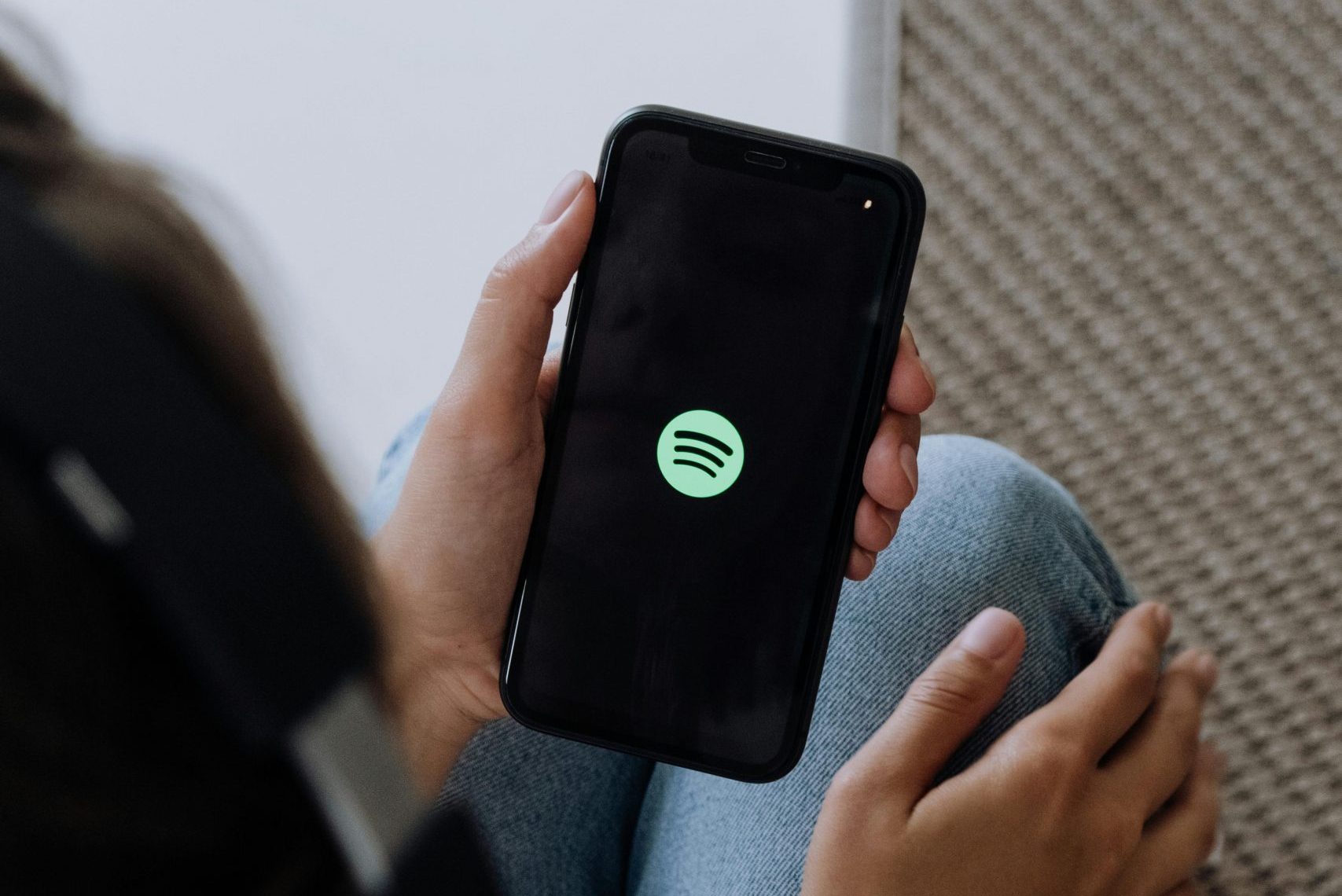
A new class-action lawsuit filed in a New York federal court on November 5 is challenging the very foundation of music streaming: user trust. At the center of the controversy is Spotify’s Discovery Mode, a feature the plaintiff labels a “modern form of payola” and a “deceptive pay-for-play” scheme. Subscriber Genevieve Capolongo is leading the charge, alleging that Spotify exploits user faith by promising organic, personalized recommendations while secretly allowing artists and labels to buy placement and promotion.
The Allegation: Selling Recommendations to the Highest Bidder
Introduced in 2020, Discovery Mode allows artists and labels to boost their songs’ visibility in algorithmic spaces like Radio, Autoplay, and certain Mixes, in exchange for reduced royalties. The lawsuit claims this practice is hidden from users, who are led to believe their recommendations are unbiased and tailored solely to their tastes. Capolongo’s attorneys quote the lawsuit, which states, “Spotify exploits that trust by marketing itself as a platform that offers organic music recommendations… only to secretly sell those recommendations to the highest bidder.” Capolongo noted her own experience, “[kept hearing the same major-label tracks] that bore little resemblance to her listening habits,” an issue highlighted by the viral social media conspiracy theories about songs like Sabrina Carpenter’s “Espresso.”
The Transparency Battle
The core of the legal challenge lies in how clearly Spotify discloses the mechanics of Discovery Mode. While the platform acknowledges that “commercial considerations may influence” recommendations, Capolongo’s lawyers argue this is insufficient. They contend that “[w]ithout that specificity, users cannot distinguish between genuine personalization and covert advertising.” This lack of transparency echoes concerns raised by lawmakers, including Reps. Jerry Nadler and Hank Johnson Jr., who wrote to Spotify in 2021 fearing the program could compel artists to accept lower royalties just to compete.
In response, Spotify has called the lawsuit’s claims “nonsense,” asserting that the allegations are “riddled with misunderstandings and inaccuracies.” The company maintains that Discovery Mode is clearly disclosed on the app and its website, emphasizing that the feature only allows artists to “flag priority tracks for algorithmic consideration in limited contexts” and “doesn’t buy plays.” Regardless of the outcome, this lawsuit spotlights a critical issue in the digital music industry: the battle for algorithmic transparency and the preservation of user trust in the music they stream.








